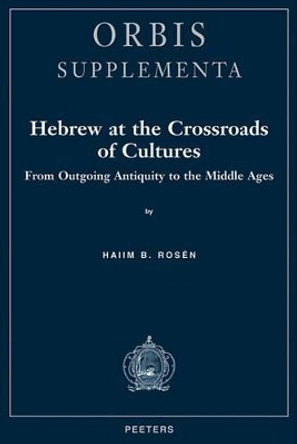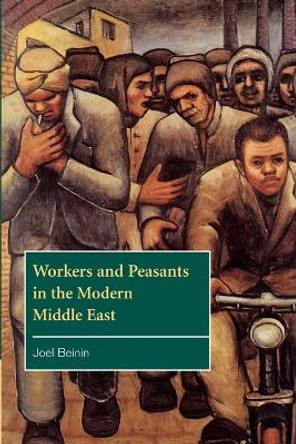Description
Rösener first considers the social, economic and political foundations of peasant life, in particular how occupational and land divisions determined the relative freedom of the rural population. At the height of the Middle Ages, the peasant condition improved as the seigneurial system was gradually replaced by tenant farming and progress in agricultural technology increased productivity. Peasant colonists now left overcrowded villages to farm less fertile or barely populated terrains. Forms of village settlement diversified and relationships among the peasants developed into more complex communal networks. Changes were also apparent in the quality and variety of clothing and the design of farmhouses and farmyards. The author also sheds new light on successful peasants who owned land and began to form "peasant republics" independent of the nobility. As the peasant population swelled, however, economic and ecological concerns became of vital importance to a community which derived its living from the soil.
This book is a lively refutation of those preconceptions which see peasant existence either as a rural idyll or a life of unmitigated oppression and poverty. Rösener's detailed study has unearthed a rich peasant culture which flourished alongside and was frequently in conflict with the medieval nobility.
Peasants in the Middle Ages will be welcomed by historians of medieval Europe and by sociologists and anthropologists interested in the Middle Ages or comparative studies.
About the Author
Werner Rosner, Justus-Liebig-Universitat, Germany
Reviews
"This work will generate new interest in peasant studies and serve as a basis for further comparative analysis." The Journal of Peasant Studies
"A first-class book ... wonderfully sane and level-headed." English Historical Review
"An impressive book." History
Book Information
ISBN 9780745618357
Author Werner Rosener
Format Paperback
Page Count 352
Imprint Polity Press
Publisher John Wiley and Sons Ltd
Weight(grams) 517g
Dimensions(mm) 229mm * 152mm * 18mm









